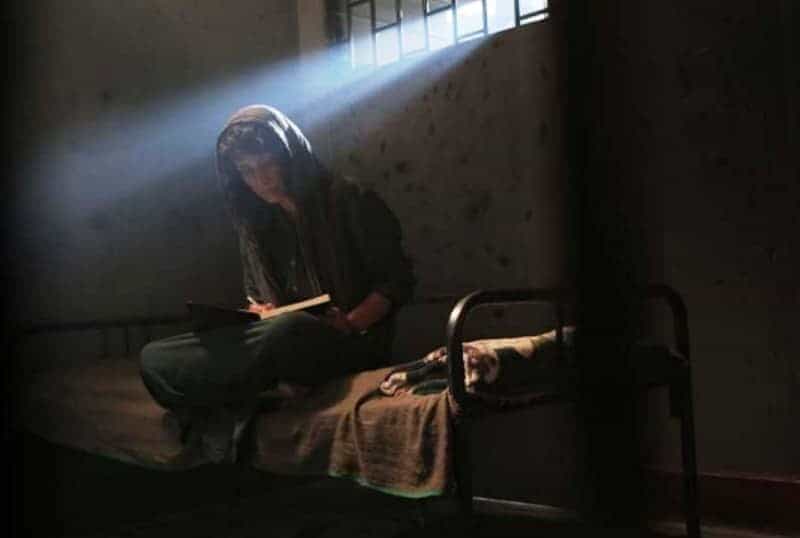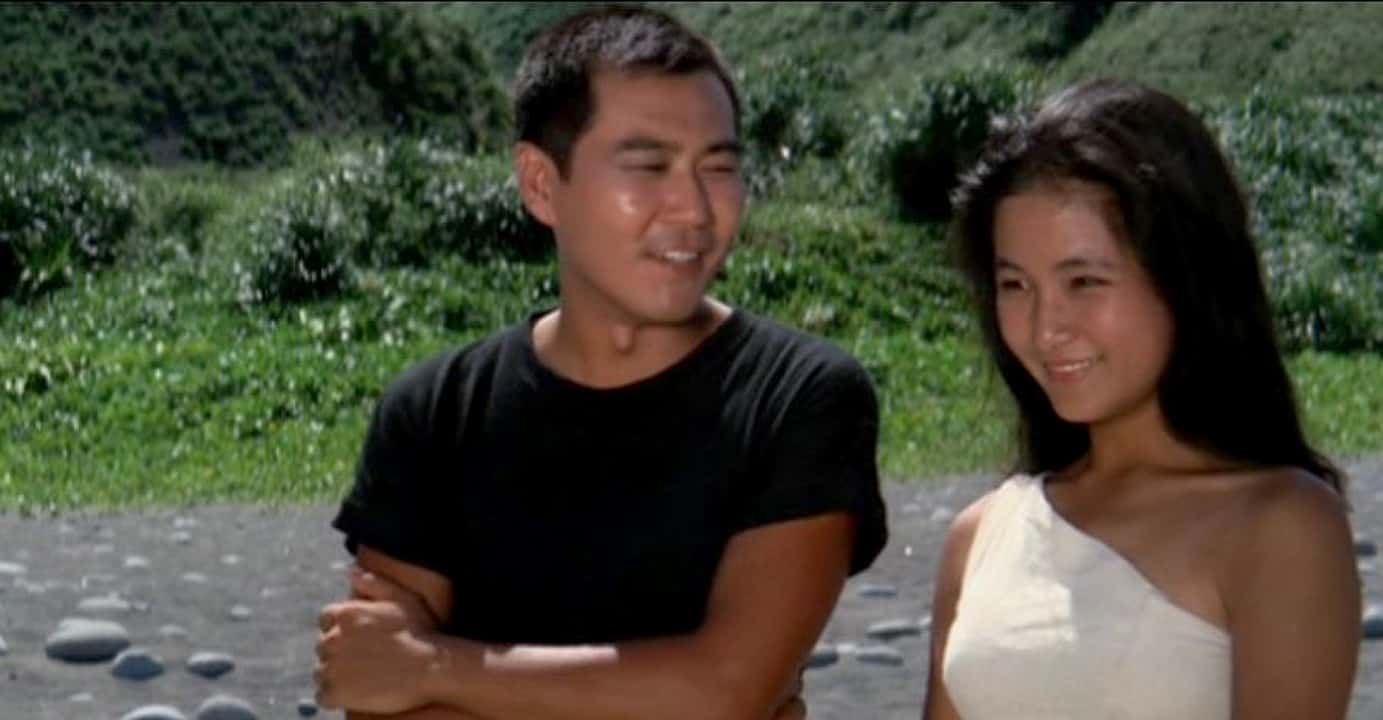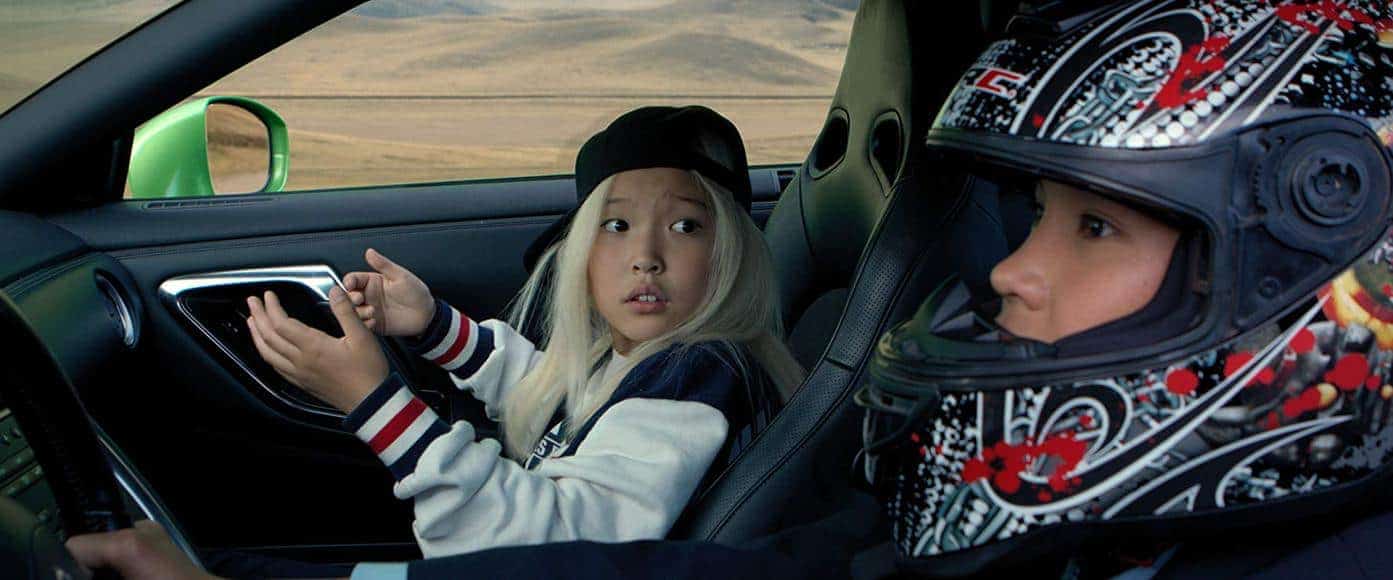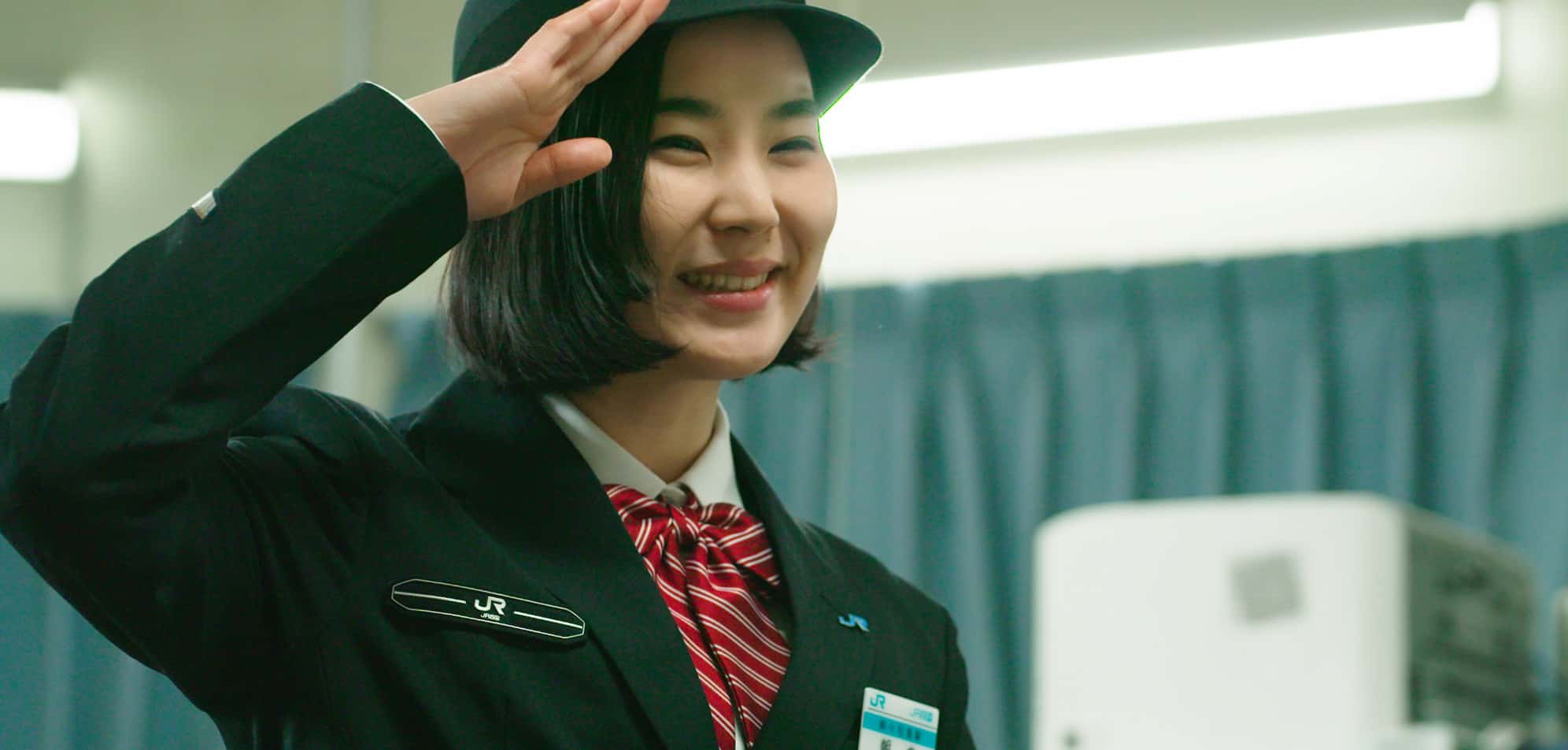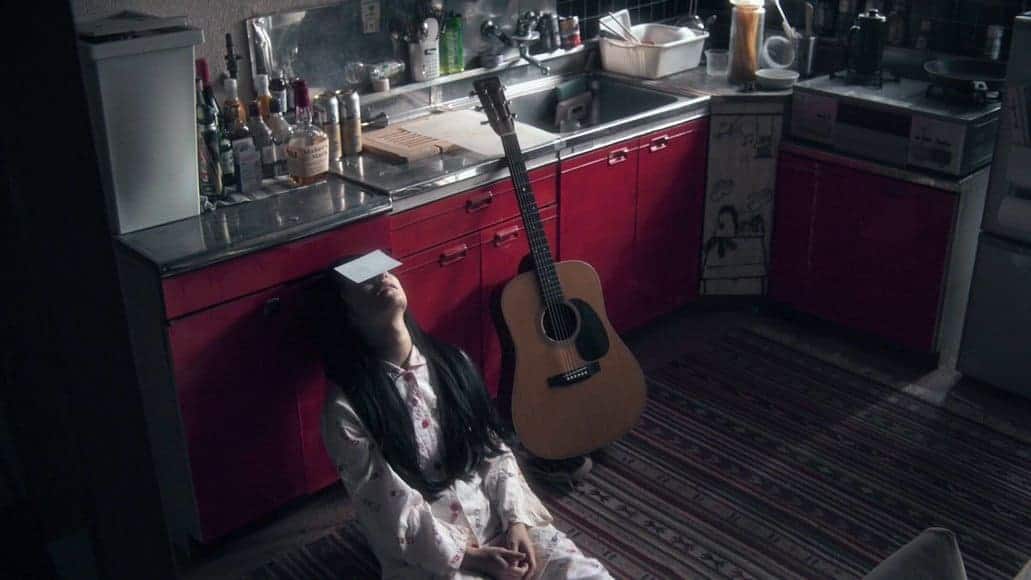In her initial days as a documentary maker, Naomi Kawase's films were very personal in their content. Her fictional debut “Suzaku” may not have been about her own life, but the subject was something certainly close to her heart, with an awful lot of reality incorporated within.
“Suzaku” is screening at Japan Society
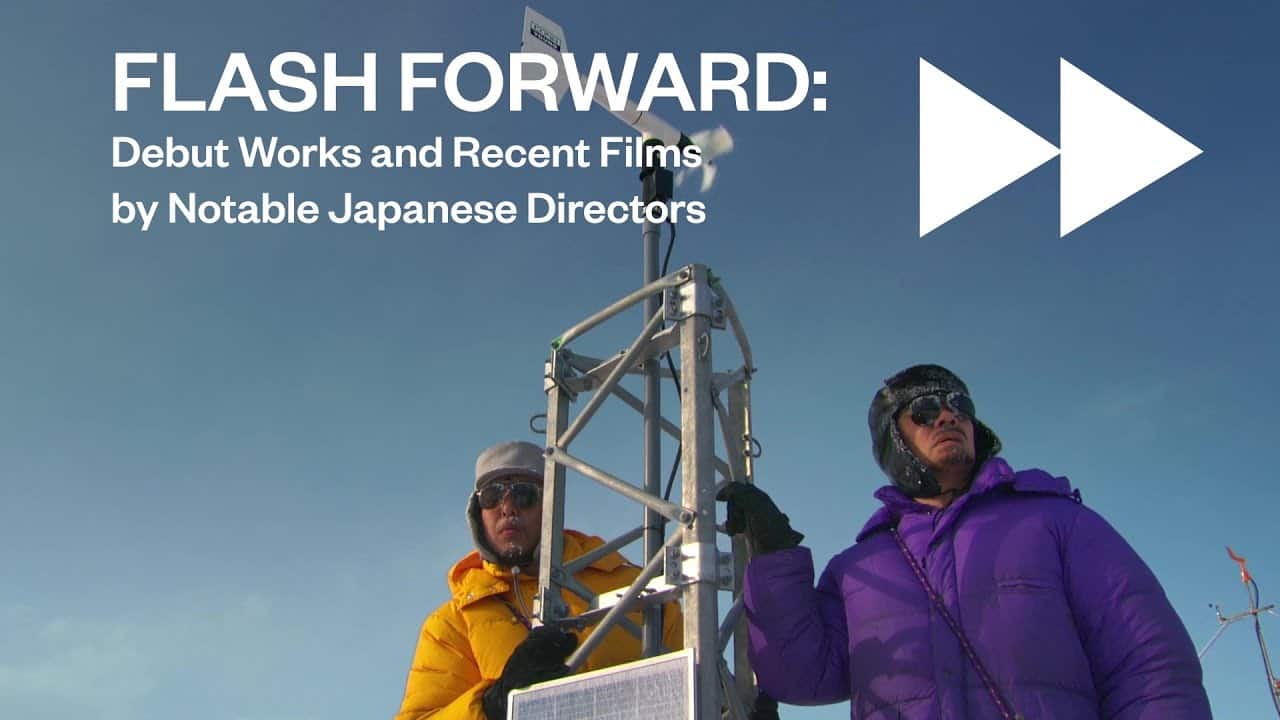
In a small mountain village in Nara Prefecture, the creation of a train line is discussed to connect the remote community to the wider region. Cousins Michiru and Eisuke live with Michiru's parents and grandmother in a seemingly idyllic life. Her father, Kozo (Jun Kunimura) is keen on the railway, but others in the village are not. Cutting fifteen years into the future, the railway is now a forgotten dream, the tunnel built in the mountains now a blocked escape from isolation. Michiru (Machiko Ono) and Eisuke (Kotaro Shibata) are still as close as ever, now in adolescence and adulthood. But despite the passing of time, not much has changed for many who remain in the village, and the still life becomes too much for Kozo, who gets his camera and goes for a walk.
“Suzaku's” true star is the natural habitat which Kawase chose as the shooting location. She makes great use of the stunning surroundings, still relatively untouched by the modern world, though its absence is felt. The family eat their meals together with the stunning backdrop, as Masaki Tamura's photography shows this as an area that is as beautiful as it is suffocating.
Immersed in the surroundings, Kawase took a bold move for a novice to have her crew locate to the village before shooting, in order to learn the environment they would be filming. And, with the exception of Kunimura, the cast is made up of locals with no previous acting experience. As such, both the landscape and people in it are flowing to a natural rhythm, reflecting the slow pace of life.
The beauty of the area is shown in its full splendour from up high in the mountains, overlooking the lush greenery below. But this beauty comes at the price of loneliness. Michiru needs Eisuke to give her a ride on his scooter to reach the bus stop simply to get to school each morning in a community that is cut-off from the rest of the nation.
And this opens up a debate about the rural and urban divide in Japan: we want rural areas to maintain their natural beauty, but the people who inhabit them need a connection to the outside world. The people, much like nature itself, have been cut-off and forgotten in modern Japan, left to age gradually. The now blocked-off tunnel was a gateway to the modern world that never was. Kawase's village, therefore, has both a happiness and a sadness: a happy community where everybody knows everybody, but enough to make a man wander to his grave. The sparse nature of Masamichi Shigeno's soundtrack only adds to the feelings of loneliness and the lack of movement feels like an age between piano notes.
A documentarian, Kawase allows her camera to run, filming the novice cast as they go about their business. One can't help but feel the hand of Kawase's 1995 “Katasumori”, where she filmed her great aunt as she awkwardly went about her business, aware of the camera following her. Kozo's last video testament has a similar feel as he films the villagers, in what is a brilliantly paced love letter to the community he had to escape.
An incredibly accomplished debut, Kawase put her years of experimental and personal documentary shorts to good use in a poetic tale of rural life and its lost place in modern Japan. Winning the Caméra d'Or at Cannes in 1997, Kawase quickly established herself as an important filmmaker at home and abroad with her distinct flows of humans and nature.





